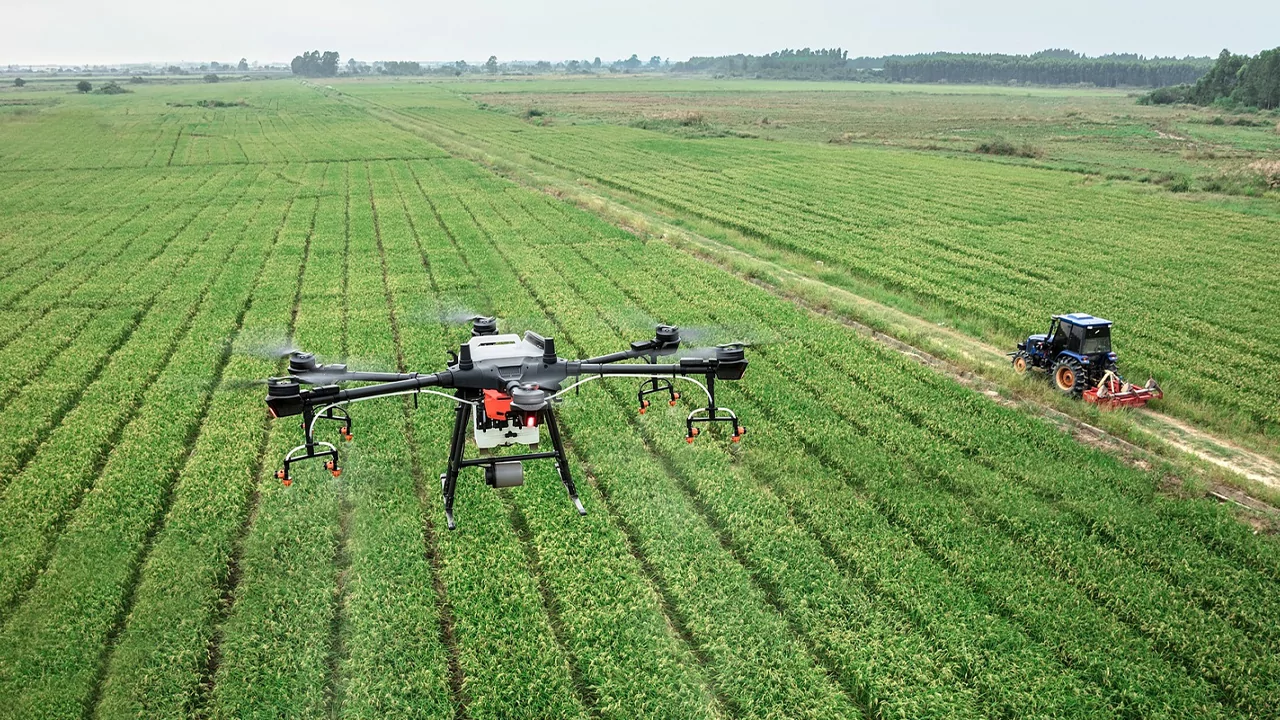Technology in Agriculture: Farming Gets a Digital Upgrade
The integration of technology in agriculture marks a significant shift in farming methodologies. Precision farming techniques allow for targeted interventions, improving crop management and resource utilization. Drones provide vital aerial insights, while smart irrigation systems enhance water efficiency. Data analytics revolutionizes decision-making, enabling farmers to respond proactively to changing conditions. As these innovations unfold, they reveal deeper implications for sustainability and food security—issues critical to the future of agriculture.
The Rise of Precision Farming
As the agricultural sector grapples with the challenges of sustainability and efficiency, precision farming has emerged as a transformative approach that leverages advanced technology to enhance crop yields and resource management.
Utilizing precision tools, farmers can conduct real-time crop monitoring, enabling them to make informed decisions regarding irrigation, fertilization, and pest control.
Ultimately, this promotes a more efficient and environmentally friendly agricultural practice.
See also: How to Protect Yourself From Online Scams and Phishing
Drones and Aerial Technology in Crop Management
Drones have revolutionized crop management by providing farmers with unprecedented aerial insights into their fields.
Through advanced drone applications, farmers can conduct detailed aerial surveys to monitor crop health, assess irrigation needs, and identify pest infestations.
This technology enhances efficiency, enabling proactive management decisions that promote sustainable practices and optimize yields, thus empowering farmers to take control of their agricultural landscape.
Data Analytics: Transforming Decision-Making in Agriculture
Harnessing the power of data analytics, farmers are increasingly transforming decision-making processes within agriculture.
By utilizing predictive analytics, they can forecast yields and optimize resource allocation. Data visualization tools further enhance this transformation, allowing for clearer insights into complex datasets.
As a result, farmers gain the freedom to make informed choices, ultimately improving efficiency and sustainability in their agricultural practices.
Smart Irrigation Systems: Water Conservation and Efficiency
The integration of data analytics in agriculture has laid the groundwork for the development of smart irrigation systems, which play a pivotal role in enhancing water conservation and efficiency.
Utilizing smart sensors, these systems provide real-time data for optimal water management, adjusting irrigation schedules based on soil moisture and weather conditions.
This technology empowers farmers to conserve resources while maximizing crop yields sustainably.
Conclusion
As the sun rises on a new era of agriculture, technology stands as a steadfast companion to farmers, illuminating the path toward sustainable practices. By harnessing precision farming, drones, and data analytics, the industry is not just sowing seeds but cultivating a future where efficiency meets environmental stewardship. This digital transformation promises to yield not only abundant harvests but also a resilient food system, ensuring that the roots of agriculture remain strong and flourishing for generations to come.






